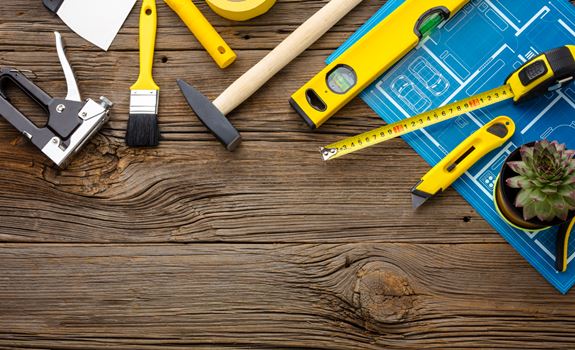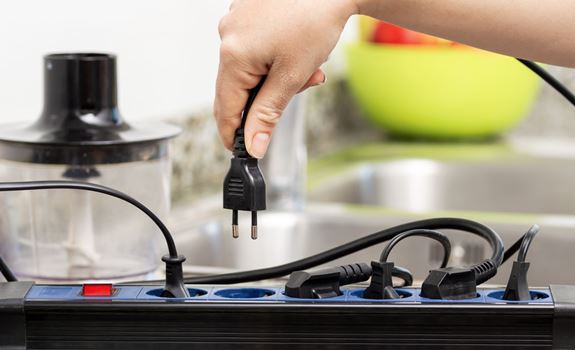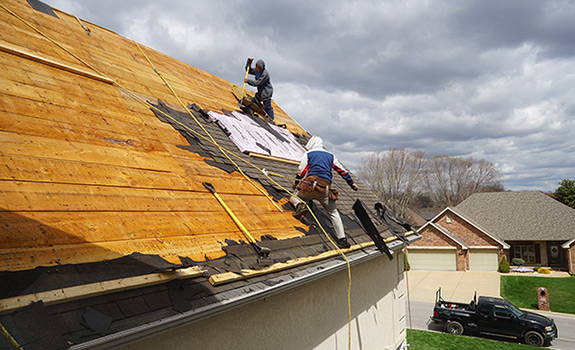Whether you’re building a new home or renovating a space in your current one, a general contractor is the right way to go. You can think that you’re a DIY expert, but there are certain things that it’s always best to get some professional help.
For instance, when you DIY, there are all the details that you must take into consideration. Have you met safety standards? Is that cut the right length? Well, does the undermount sink fit? There are dozens of factors for safety, longevity, and comfort that you must account for. If you aren’t a handy person, and if you are, here’s what a general contractor can provide for your next project.
Total Project Management
A general contractor oversees every aspect of the project. They manage schedules, organize workers, and track budgets. Every aspect is covered, and they are responsible for all of it. They can check over the workmanship and ensure that everything is up to code.
Labor
When you have a construction project, where do you get the labor? The general contractor can handle all of the project’s labor needs. This includes the subcontractors, such as plumbing and electrical. They will usually use the best workers, so if your general contractor has hired them, then you know they provide excellent work. Hiring these subcontractors usually means negotiating the rates as well, and the general contractor can do all of that for you.
Budget
A general contractor is responsible for the overall budget of the project. As mentioned, they negotiate the rates with the subcontractor, and they also source the materials. Some states have regulations that a contractor can’t go over their quote more than 10%, so they are invested in keeping things tight.
Equipment
They also need to keep track of the equipment, from your large excavators and cranes to smaller items like self dumping hoppers and jackhammers. The loss of equipment and tools can be very expensive and a drag on the projects. The general contractor has to track where everything is at all times so that it is in the right place when it is needed.
Building Permits
As a home or business owner, you probably don’t know much about building permits. Or you do, but you would rather not worry about them. It is the general contractor’s job to determine if building permits are needed and get them before construction commences. Failure to get a building permit could result in delays or, even worse, having to tear the whole thing down if the municipality says so. Therefore, building permits are very important and should never be treated as an afterthought. This includes plumbing, electrical, and anything that will alter the structure of a building.
Materials
Sourcing out materials is a vital job of the general contractor. They will need to find materials that are strong and durable enough but also that will fit well within the budget. On the other hand, they also have to make sure that they have enough without leaving the project short. It’s a balancing act and one that will have a major impact on the budget and the quality of the finished product.
Waste Management
Construction sites generate a lot of waste. All of it has to be managed for proper and safe disposal. There must be a designated spot on the construction site for all of the dumpsters, and there must be a separate one for each kind of waste. For example, there is regular waste, recycling, chemical waste, and hazardous materials. Every work area should have a receptacle for easy disposal as well. The general contractor must also hire contractors to take the waste away from the job site and dispose of it.
Problem Solving
On every construction project, there will be delays and problems. Delays can bust your budget and cause everything to go off the rails. A good general contractor can solve problems quickly so everyone can return to work. Anticipating and preventing problems is also their role. When they submit the plan for the project, they should be able to point to the areas where potential problems might occur and have contingencies. Ask anyone who has worked in construction, and they can tell you horror stories of projects that had issue after issue. Most likely, that was due to poor management from the general contractor.
Safety
The general contractor is responsible for everyone who steps on that job site. That means the subcontractors, the employees, and the client. They have to monitor that everyone is following safety standards and guidelines. Injuries are bad enough all on their own. However, they also lead to lost productivity and morale. Even if a project goes slower, a general contractor has to make safety his number one priority. That means providing checklists for everyone to complete before doing a task, cleaning up after themselves, and making sure they have the equipment they need to stay safe.
Communication
The general contractor is the primary point of contact for the client. They will keep them updated on the project’s progress and notify them of any concerns. They should also answer any questions the client might have about the project. They keep a regular dialogue with the client from the very start of the project. They take part in planning, and they are involved right until the very last nail is hammered. It is always best if it is a give and takes rather than a top-down relationship. The client has to have their voice heard, and the right contractor should do whatever they can to make their wishes come true.
~
As you can see, the general contractor is responsible for a lot on a construction site. Therefore, you must choose yours with care. Selecting the wrong general contractor could result in a catastrophe for your project.
Published in: Home advice | Author: Lynn











